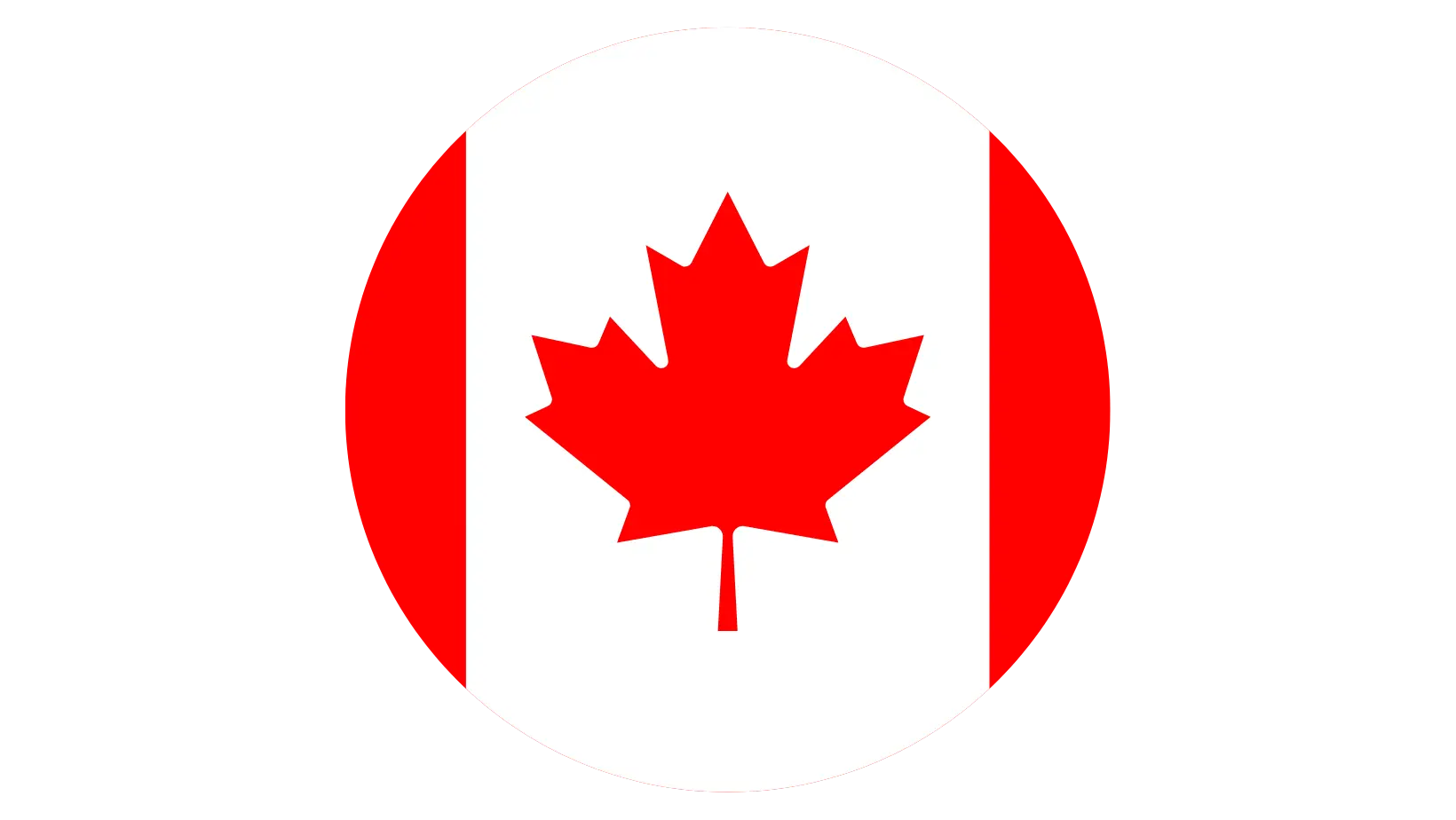Promotional giveaways, sweepstakes, and contests can significantly promote your business and increase your brand awareness. But before you jump in head first, there are some specific rules and regulations you need to be aware of to protect yourself from liability or any unforeseen complications.
KickoffLabs can help you get started by following this simple guide on keeping your next giveaway legal in Canada.
1. Qualifying participants
You must determine who is eligible to enter your contest. You may want to restrict participants due to age limits, residing in territories with more restrictive laws, or other considerations. For example, minors may be unable to claim certain prizes involving alcohol or tickets to venues prohibiting underage admittance.
2. Add a skill-testing question
Random giveaways, skill-based contests, sweepstakes, raffles, and prize drawings might seem like fun ways to promote your business, but some of these are illegal in Canada. As a contest promoter, you will need to carefully follow the guidelines governing these events to ensure you are fully compliant with laws such as the Criminal Code, Competition Act, and Canadian Anti-Spam Laws (CASL).
In Canada, it may be considered an illegal giveaway if the contest awards prizes or money based purely on random chance. This is why adding additional qualifiers such as skill-testing questions are so important. It is essential to introduce this element of skill to distinguish your competition from a game of pure chance.
3. The problem of consideration
Consideration occurs when you offer something in exchange for something else. The Criminal Code prohibits any contest or sweepstakes that require consideration, including entry fees or anything that can be construed as having value, such as requiring a participant to watch a video or complete a survey. Therefore, always ensure your promotion has an easily accessible and free method of entry.
4. Be aware of all laws and regional guidelines
The province of Quebec, which makes up roughly 25% of Canada’s population, has its own rules and regulations regarding contests. Specific filings must be submitted outlining the terms and conditions of your contest which the government must approve. In addition, you must submit a duty fee and copies of any advertising used to promote the event.
Contests, sweepstakes, and promotional giveaways in Canada are all regulated under the federal Competition Act, which requires certain disclosures to be made, including:
● The number and approximate value of all prizes
● Disclosing any regional allocation of prizes
● Any facts that may affect the odds of winning
5. Include short and long rules
The Competition Act allows for a listing of short rules to be included in your promotional marketing that can be linked to long rules that fully explain your contest’s details. Long rules should include details such as the number and approximate value of prizes, regional restrictions, skill-testing requirements, winning odds, and any entry deadlines.
In addition to the requirements outlined in the Competition Act and CASL, promotional contests may also be governed by common contract law in Canada.
Drafting a carefully researched set of rules can save a contest sponsor from unexpected difficulties that may arise in the event of a dispute.
6. Consumer rights to privacy
Canadian privacy laws require consent for the collection and use of personal information. Therefore, you should include a privacy notice that informs the participants precisely what personal data is collected and how it will be used. In addition, using any personal information for marketing purposes requires consent, so ensure that this is included in any release forms that the participant signs.
7. Intellectual property consent
Consent to use intellectual property must be acquired before use. This includes any copyrighted material such as images, text, registered trade names, works of art, or anything else that might fall under copyright protection. It is essential to review all of the creative materials before the launch of a promotion to ensure full compliance with local laws.
8. Use a release form
Release forms can be used to confirm that all participants have complied with the contest’s rules and release the sponsor from any liability. Depending on your promotion type, it may be helpful to require a release form only from the winning party and not all participants. Having a release form can protect the promoter from fraud or abuse. However, you should seek qualified legal assistance when drafting any type of release form.
9. Tax considerations

Prize winners in Canada are not required to pay tax on winnings. However, depending on the nature of your giveaway, your winner may be required to pay some tax. For example, vacations and trips awarded as prizes may require travel tax. Details of any tax obligation should be included with the winner’s release form and any detailed description of the rules where applicable.
Contests, sweepstakes, and giveaways can be effective and fun ways to promote your business. But you must be familiar with the contest’s guidelines to ensure that all details are transparent and in full compliance with the laws of Canada and its territories.
TL;DR
When running contests in Canada:
- Properly follow all relevant laws and regulations to ensure legal compliance
- Have clear contest rules
- Restrict consideration
- Obtain necessary permissions and consents
- Transparently disclose key details.
This due diligence helps avoid legal headaches when engaging your Canadian audience through giveaways!
Read more Legal Giveaway Best Practices with the next chapter:
12. Tools & Resources
Discover additional essential tools and resources to ensure giveaway compliance.



